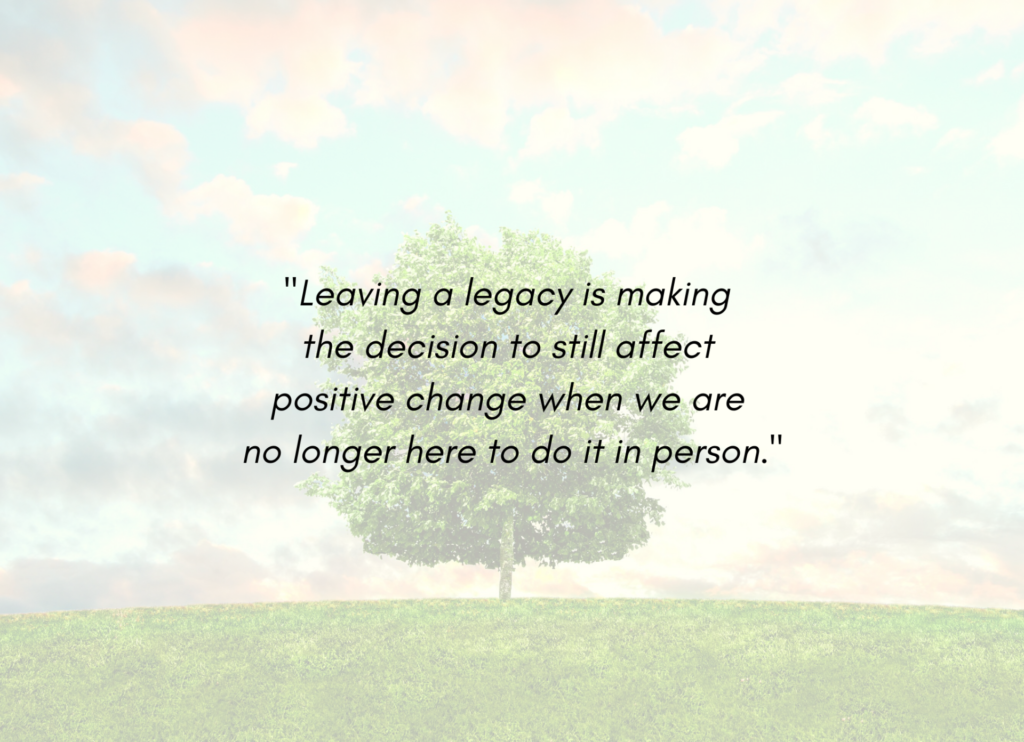Leaving a Legacy

November 19, 2021
Like an award-winning movie whose opening scene captivates the attention of the viewer, generating a question whose answer then unfolds over the course of the film, this week’s Torah portion, Vayishlach, opens to a fascinating exchange between Jacob and his messenger “angels.”
Let’s set aside for the moment the fact that Jacob has the capability to “send angels” to do things on his behalf, and simply concentrate on the specific dialogue of our opening scene:
So shall you say to my master, Esau, “These are the words of your servant Jacob, ‘I have been staying with Laban, and I have resided here until now. And I have acquired oxen and donkeys, flocks, manservants, and maidservants, and I am sharing this with my master, to find favor in your eyes.’ ” (Genesis 32:5-6)
Wait, what? The first words from Jacob aren’t “I’m sorry”? His message to his brother, whom he hasn’t seen for over twenty years because he stole his blessing and ran away is, “I’ve been hanging out with Uncle Laban and have become uber-wealthy, so I’m hoping you won’t hold the past against me.” This was definitely not what I thought this twin would say to his long-abandoned brother. In fact, the angels’ reply is as equally strange and unhelpful to the reader:
The angels returned to Jacob, saying, “We came to your brother, Esau, and he is also coming toward you, including four hundred men with him.” (32:7)
You’d think that Jacob’s next question to his messenger angels might be, “Is Esau happy?” “Is he angry?” “Why is he bringing 400 men?” Unfortunately not. Jacob’s next actions are all taken under duress, out of fear, and with great distress. Jacob panics that he and his family are about to be killed by his vengeful, jealous, and mighty older brother, Esau.
There is still much more content to this week’s parshah, however, it is from this brief exchange that the Torah teaches us an important life lesson; it’s not until you face the possibility of losing everything that you realize what’s really important to you.
This week the Jewish Federation hosted an event for our community partners and the generous community donors who participate in our Life & Legacy program. This planned giving initiative has already secured over 460 after-life gifts, valued at a potential impact to the Jewish community of over $9M, which could provide as much as $400,000+ a year to Jewish agencies, programs, and direct support to individuals in need.
The guests at the event heard from Rabbi Daniel Cohen, author of “What Will They Say About You When You’re Gone?: Creating a Life of Legacy”. Rabbi Cohen’s inspiring message echoed the lessons from this week’s parshah. What is important to you, and what are you doing today to ensure that what is important lives on beyond your lifetime?
As Rabbi Cohen shared, if we had the opportunity to read our eulogy while alive, what would it say? Would it highlight the things that we truly value? Would it describe the person we aspire to be? Are the memories our loved ones remember of us the ones we cherish of them?
Leaving a legacy does not require the prerequisite of facing death, conceding that we are at the end of our life’s journey, or living a moribund existence. Leaving a legacy is owning one’s life and living the way we believe life should be lived. Leaving a legacy is making the decision to still affect positive change when we are no longer here to do it in person.
Jacob had to wrestle with Gd to change his perspective. What will change ours?
And yet, no matter what you conclude, the Jewish Federation will be here for you, for our community, and for our future, because we are…
Shabbat shalom,

